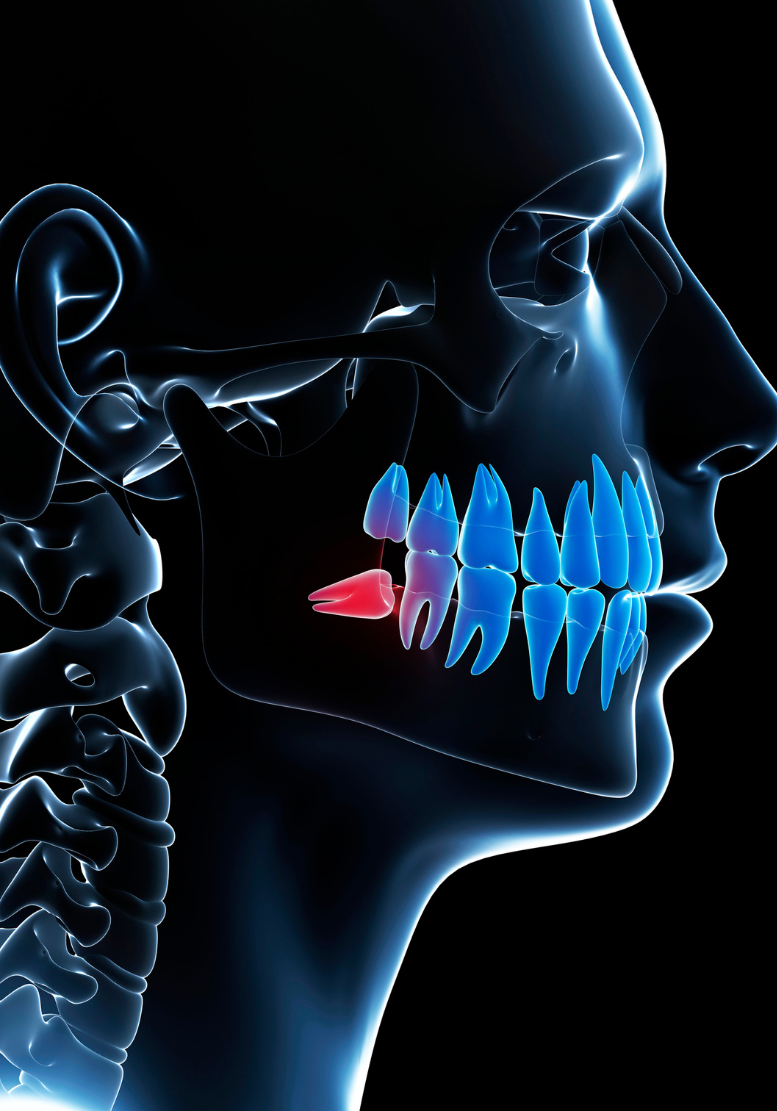Everything You Should Know About Wisdom Teeth: Removal, Recovery, and Myths
Wisdom teeth are one of those dental topics that everyone seems to have an opinion about. Whether you’ve heard horror stories from friends or had a smooth experience yourself, these notorious third molars are a rite of passage for many. But what exactly are wisdom teeth, and why do they often need to be removed? From understanding why they cause issues to debunking common myths, let’s break down everything you need to know about wisdom teeth, their removal, and recovery.

What Are Wisdom Teeth and Why Do They Cause Problems?
Wisdom teeth are the last set of molars to develop, usually appearing in your late teens or early twenties. While some people have no trouble, many experience problems as these teeth try to erupt. A big reason for this is that modern human jaws are often too small to accommodate them, leading to overcrowding, pain, or improper alignment.
When these molars don’t have enough room to emerge correctly, they can become impacted, which means they are trapped below the gumline. Impacted wisdom teeth can push against neighboring teeth, causing pain, swelling, and even damage to surrounding teeth. In some cases, they can lead to cysts or infections, which is why dentists frequently recommend their removal before complications arise.
How Wisdom Teeth Removal Works
The process of wisdom teeth removal is a common oral surgery that many people undergo. While it may sound intimidating, it is typically straightforward. During the procedure, your dentist or oral surgeon will ensure you are comfortable, often using local anesthesia or sedation to minimize discomfort.
If the teeth are impacted, the surgeon may need to make small incisions in the gum to access them. For fully erupted teeth, the process is simpler and often quicker. Regardless of the complexity, your dentist will provide you with instructions on how to prepare and what to expect during recovery. The key is to work with an experienced dental professional who can tailor the procedure to your needs.
Do They Always Need to Be Removed?
One of the most persistent myths about wisdom teeth is that everyone will, at some point, have to have them removed. This isn’t true. If your wisdom teeth are healthy, fully erupted, properly aligned, and not causing any problems, removal might not be necessary.
However, even if they aren’t currently causing discomfort, leaving these teeth in can sometimes lead to issues later on. For example, they can be hard to clean due to their location at the back of the mouth, making them more prone to decay or gum disease. Regular dental checkups and X-rays are crucial for determining whether removal is the best course of action.
What to Expect During Recovery
Recovery from wisdom teeth removal is often less daunting than people imagine, though it’s essential to follow aftercare instructions closely. Swelling, mild pain, and some bleeding are normal during the first few days, but these symptoms usually improve quickly.
Your dentist will recommend sticking to soft foods, avoiding straws, and maintaining gentle oral hygiene to promote healing. Cold compresses and over-the-counter pain relievers can help manage any discomfort. Most people recover within a week, but it’s important to take your time and listen to your body to avoid complications like dry socket, which occurs when the blood clot protecting the healing site becomes dislodged.
Myths and Misconceptions
Another common misconception is that wisdom teeth removal is only for young people. While it’s true that younger patients often heal faster and experience fewer complications, adults can also safely undergo the procedure when needed. In fact, leaving problematic wisdom teeth untreated can lead to more significant dental issues over time, so it’s better to address the problem sooner rather than later, regardless of your age.
When it comes to recovery, some people believe that they need to drastically alter their routine for weeks. In reality, most individuals can resume light activities within a day or two, as long as they avoid strenuous exercise and follow their dentist’s advice. The key is to be mindful of your healing process, especially in the first few days, and to prioritize rest and proper care.
Staying Proactive
Wisdom teeth are a unique part of dental health, and understanding their role, potential problems, and treatment options can help you make informed decisions. Whether you’re facing removal or simply want to learn more, staying proactive and consulting with your dentist is the best way to protect your oral health.
While the idea of surgery might be nerve-wracking, millions of people successfully undergo this removal surgery every year, often finding that the short-term discomfort is well worth the long-term relief. If you have questions about your wisdom teeth or think they may be causing issues, don’t hesitate to schedule a consultation with our highly-experienced crew. When it comes to wisdom teeth, knowledge is power—and the staff here at Friedman Dental are here to help you every step of the way.
